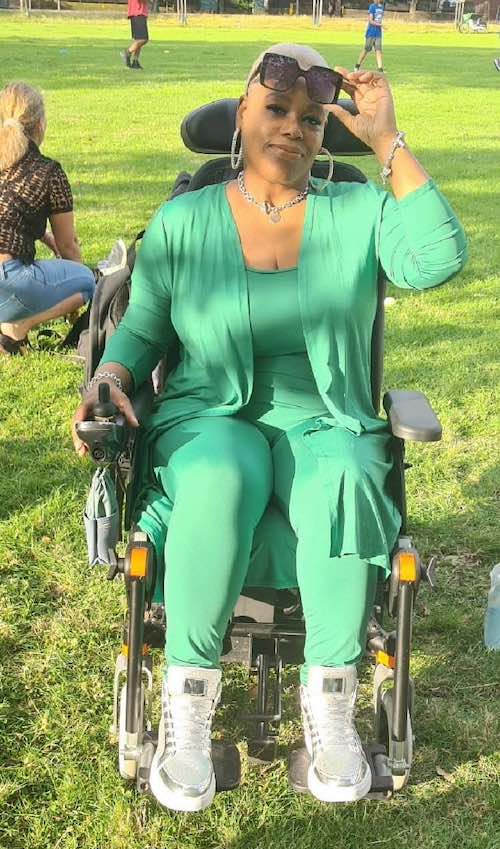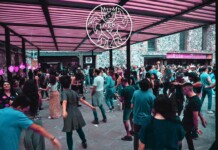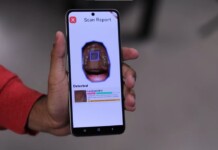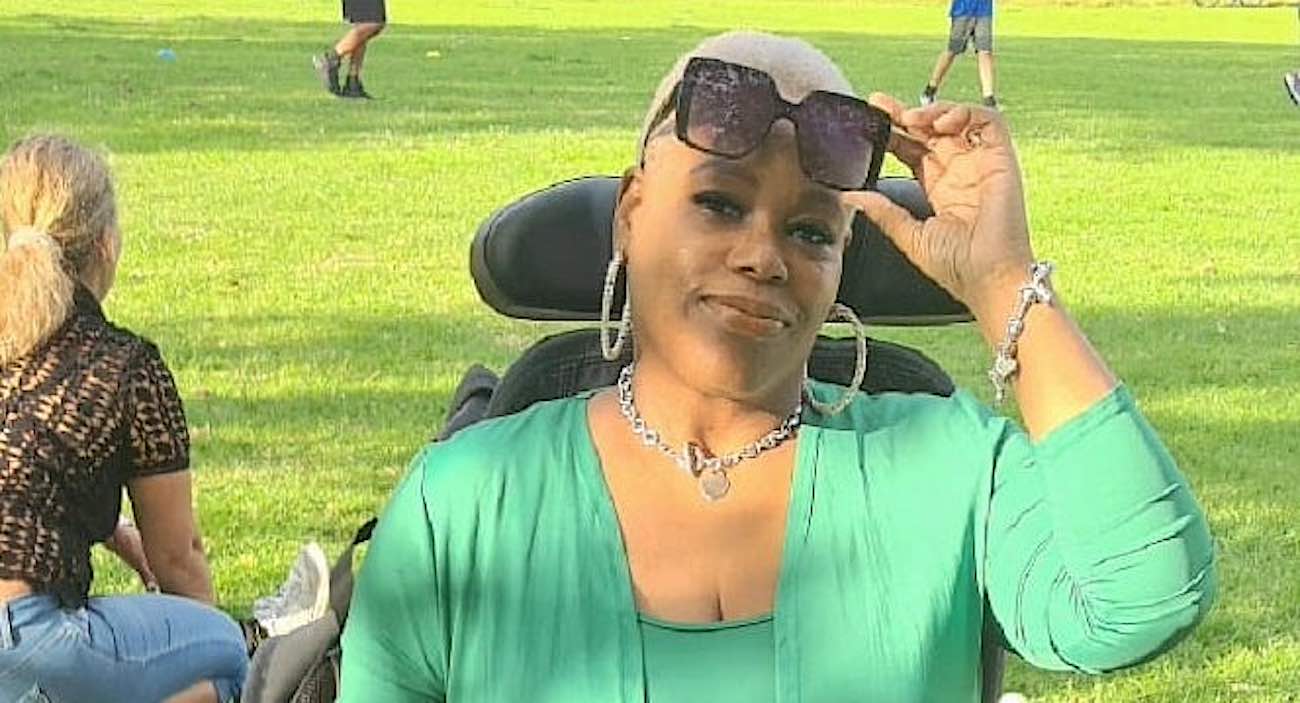
A stroke has left a British woman with an Italian accent and an ability to speak the language, despite never having visited the country.
Althia Bryden’s husband found her unresponsive one evening this summer and unable to talk, so immediately called an ambulance. The 58-year-old stayed in the hospital for nine days after doctors discovered she had suffered a stroke caused by a carotid web, which can interrupt the blood flow to the brain.
After a surgery to remove it—and after three months of being unable to talk—she woke up with an Italian accent and the ability to use rudimentary words in the language.
“I spent three months after my stroke thinking I’d never be able to talk again,” the grandmother from North London told SWNS news. “I felt like a shell of the person I once was.”
“After my carotid web surgery, a nurse came to my hospital bed to do a routine check, and completely out of the blue, I just started speaking. She looked as shocked as I did.
“I remember thinking ‘who is that talking?’.
“Firstly, I couldn’t believe it was me talking, but I also didn’t recognize the sound of my voice.”
Doctors began gathering around Althia’s bedside to hear her talk.
“The more I spoke, the more confused we all became.
“It was clear that I did have a strong Italian accent, and I had no control over the sound I was making when talking.”
To her amazement, she was also able to speak Italian—a language she says she never learned or spoke before.
“Without realizing, I will say an Italian word mid-conversation, which is the Italian word for what I’m trying to say in English. I have no idea I’m about to do it, my brain just converts the English word into Italian.”
Doctors diagnosed Althia with ‘Foreign Accent Syndrome’, a rare medical condition that causes a person’s speech to sound like they have a foreign accent, even though they haven’t acquired it.
The term was first coined in 1982 by H.A. Whitaker, who explained that the condition is “clearly related to central nervous system damage”. While rare, well over 100 cases have been reported in the medical literature.
Given the rare nature of the disorder, Althia has struggled because there is nobody she can relate to.
“Doctors and nurses see me as a bit of a medical marvel; none of the therapists or medical staff has dealt with Foreign Accent Syndrome (also known as FAS) in their whole careers.
“I’m so grateful to be alive after my stroke, and to be able to communicate after living with no speech for three months, but living with FAS is really hard.”
INTERESTING WORDS: 30-50% of Twins Develop a Language Exclusive to Them During Childhood
“I wake up most mornings hoping that my old voice will be back again. I don’t feel like me with this foreign accent. I can even hear the accent in my head when I’m thinking. It’s such a very strange feeling.
“I try my hardest to stay positive and upbeat (and) I remind myself that I’m still here today, and have my husband, two sons, and their beautiful families with me.”
FUN FOR FANS: Duolingo Has Created a Course for “High Valyrian” the Dragon Language From Game of Thrones
With the support from the Stroke Association and their support groups, she has met many other stroke survivors locally.
“It’s so helpful to share our lived experiences. As much as every stroke is different, there is always something that two stroke survivors can bond over.
But she has yet to meet anyone who has Foreign Accent Syndrome—and she wishes she could bid ‘Arrivederci’ to the accent.
SHARE THE AWE-INSPIRING STORY With Language Lovers on Social Media…





















Sounds like she tapped into a past life memory….:)
That’s what I was thinking…